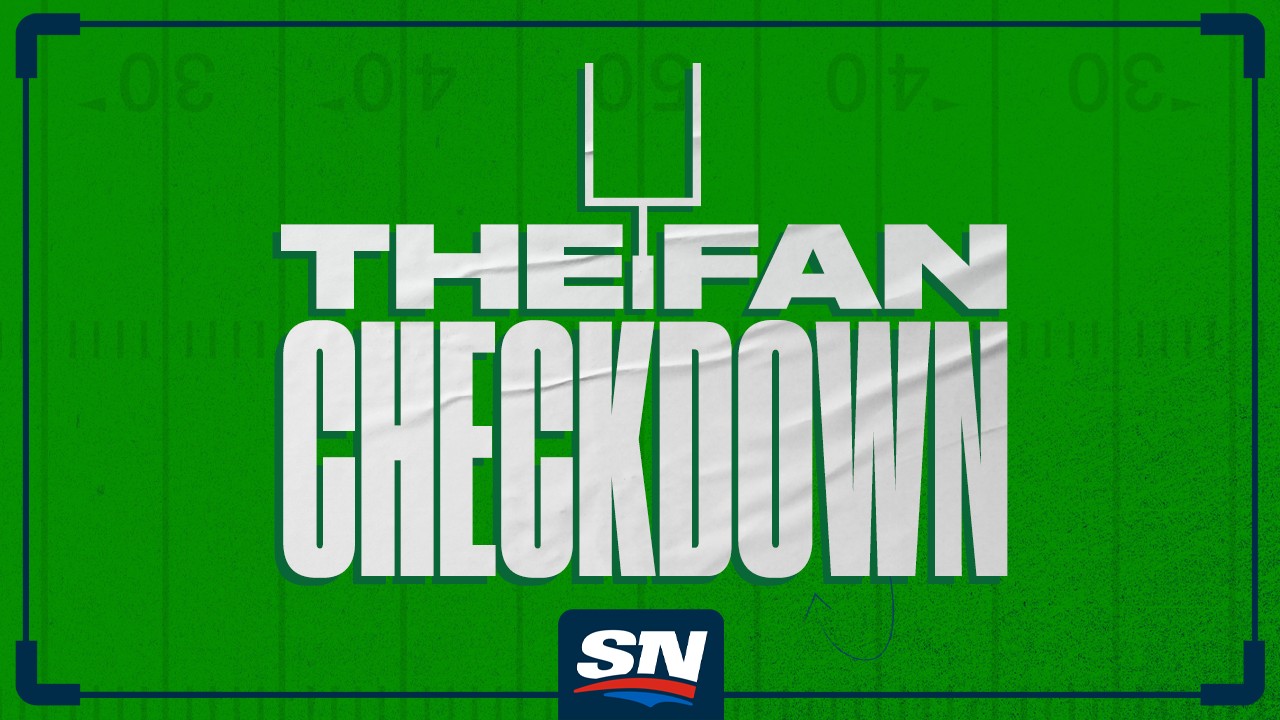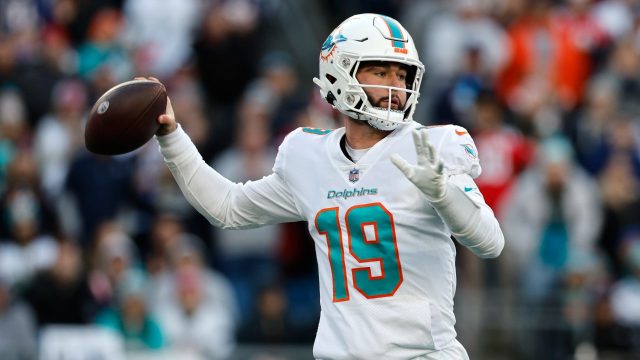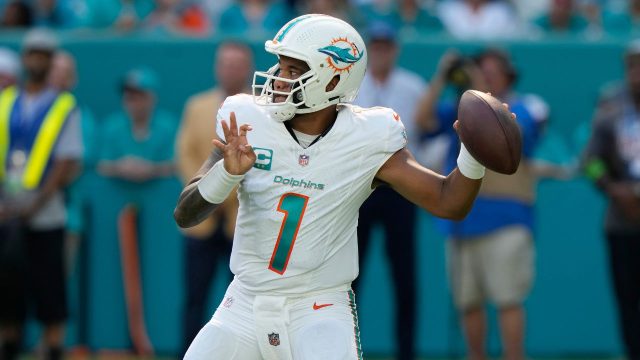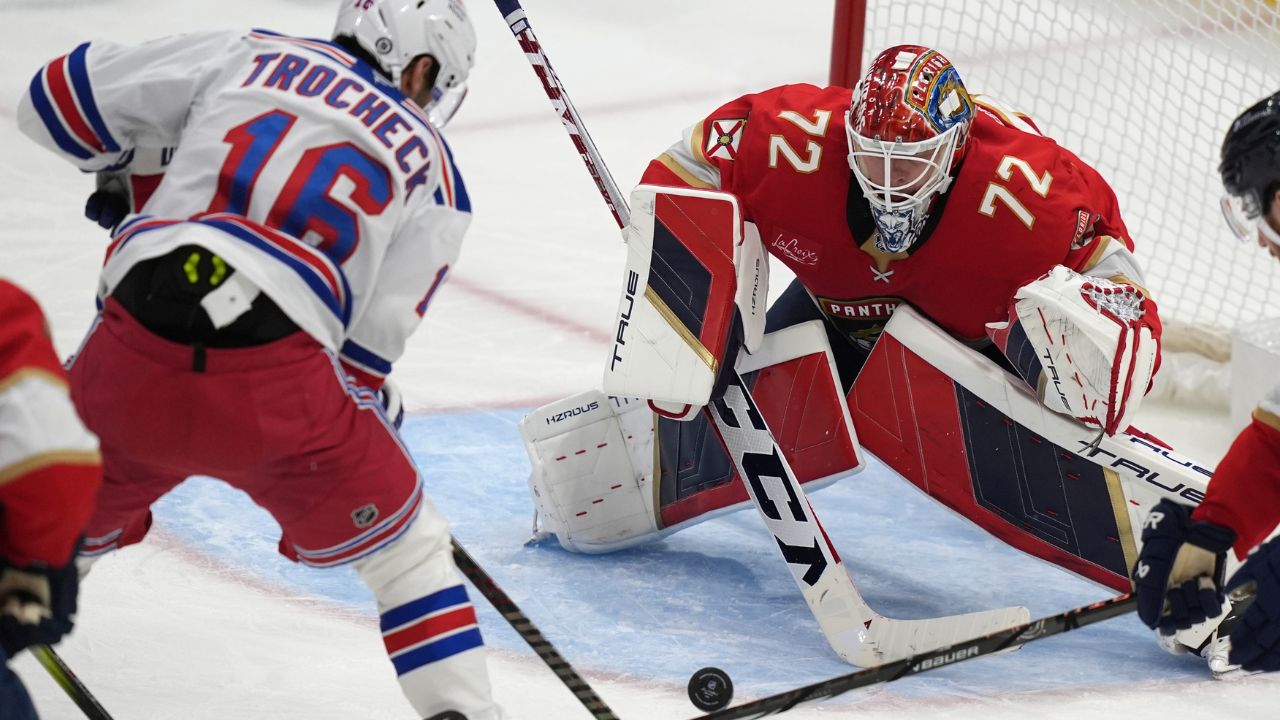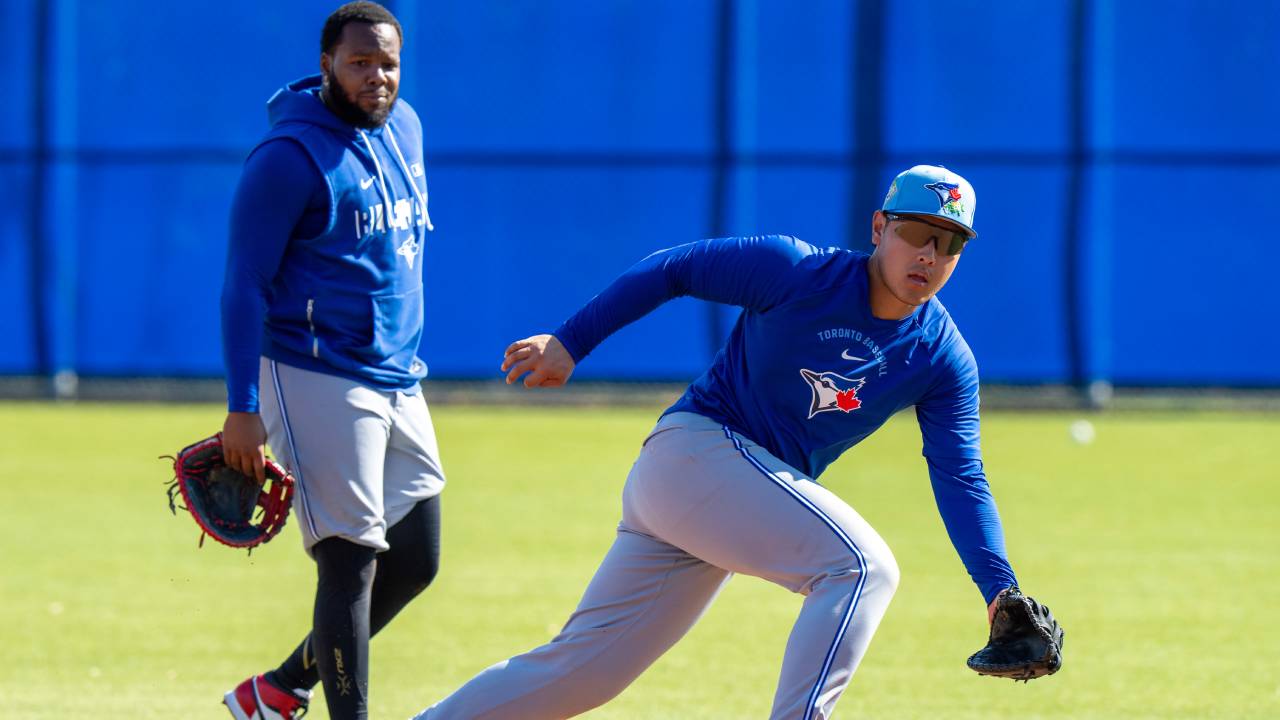
Just three games into the 2024 season, the Miami Dolphins are already in the most pivotal stretch of their year. But as their Week 3 loss to the Seattle Seahawks unfolded on Sunday, it was hard not to focus on the face of the franchise standing on the sideline. Because as important as the next three games will be for a 1-2 team with a red-hot offence and Super Bowl-sized expectations, the challenge ahead pales in comparison to what quarterback Tua Tagovailoa is navigating off the field.
Tagovailoa was placed on injured reserve last Tuesday, five days after suffering a concussion against the Buffalo Bills in Week 2. The designation sees him sidelined at least four games, and the Dolphins’ Week 6 bye means he won’t be eligible to return until Week 8 against the Arizona Cardinals on Oct. 27.
The Dolphins’ decision to place Tagovailoa on IR isn’t exactly conventional — players exhibiting symptoms must enter concussion protocol, which does not define a minimum timeline for a return to play, and rarely go on IR — but it is befitting of a unique situation.
While concussions are a known risk for every player who steps onto the field — 219 were reported during pre-season and regular-season practices and games in 2023 — Tagovailoa’s history indicates he’s been more susceptible than most. This is his third reported concussion within the last two years. That two of those three occurred during prime-time games, including one that saw him stretchered off the field, has heightened awareness and concern for Tagovailoa’s health, prompting public discussions about whether the 26-year-old should consider stepping away from the game for good.
Tagovailoa revealed in April 2023 that he’d had discussions with his family about his playing future and whether he should return after the pair of scary concussions he suffered in 2022. He spent that off-season bulking up and training in jujitsu, a practice he said helped him learn to fall more safely, and for a time those changes seemed to work. Tagovailoa remained healthy throughout the 2023 campaign, but now once again faces health challenges with lasting potential impacts on his future — both on and off the field.
NFL Network insider Ian Rapoport reported last Sunday that Tagovailoa “has no plans to retire,” and that he’ll spend the next four weeks focusing on his recovery and seeking advice from neurotrauma specialists without the weekly pressures of determining his game status.
While medical professionals will be heavily involved in the recovery process and will ultimately be required to greenlight a return to play, Tagovailoa’s decision whether or not to retire is, ultimately, his alone to make. But when it comes to his experience with professional sports and concussions, he’s far from alone.
Eric Lindros saw the highlights. He saw the way Tagovailoa’s head made contact with the chest of Buffalo Bills safety Damar Hamlin; the way Tagovailoa fell, right arm raised in what’s known as the fencing posture — the body’s natural reaction to the distress of a head injury.
Though Lindros, a former NHLer and member of the Hockey Hall of Fame, played a different sport, at a very different time, he understands more than most the toll concussions can take on an athlete.
“There’s a lot more to life than sport,” he says. “You play a sport for a long time. But hopefully, hopefully, it’s not more than half your life, right?”
Lindros knows that now. He also knows the push and pull that occurs when one’s health and life’s passion are at odds, and is keenly aware that stepping away from a sport isn’t easy when that sport is all you know.
In 2000, after suffering a series of concussions during his seven-year stint with the Philadelphia Flyers, Lindros found himself standing at a crossroads in his career, face-to-face with some of the same questions Tagovailoa might be contemplating now. For as much as No. 88 defined what it meant to be a power forward in the NHL — his size, his speed, his skill, and the physicality with which he played made him one of the most well-known athletes of the ’90s right from the start of his rookie year in 1992-93 — his career was largely defined, and ultimately cut short, by concussions.
“I had a choice to make when I left Philadelphia, and waited to be traded,” says Lindros, whose dispute with the Flyers organization in 2000 saw him sit out the entire season before being dealt to the New York Rangers. “I thought I could come back and play and be healthy and be the same player I was before, the same player I was when I was in Philly. But I just, I never was.”
The biggest difference Lindros saw in himself when he returned to the ice with the Rangers was his timing. “You don’t think as quick, you don’t react as quick. You’re fine in regular, everyday life, but [in a game]you’re making decisions in split-second moments and trying to make the best decisions. And then there’s also a fear of being hurt again,” he says.
“It’s a hard thing to go through,” he says of his struggle to rediscover his game post-concussions. After three seasons in New York, Lindros finished his career with one season each in Toronto (2005-06) and Dallas (2006-07) before officially retiring. “You’ve got to balance out, is it worth it? And I wasn’t having fun anymore. I wasn’t having fun anymore, and I retired.”
Nearly two decades later, he still wonders whether he should have hung up his skates earlier.
“Should I have returned after Philadelphia? I don’t know,” he says. “I just loved the game so much. And that’s the thing: I just loved the game so much, and I was cleared by some doctors. I was cleared by the doctor that I went and saw up in Montreal — it was the specialist at the time. So, I thought I was going to be okay.”
The study of concussions and their short- and long-term effects has moved ahead by leaps and bounds since Lindros’s playing days. Attitudes have, too, as evidenced by the current concern and discourse around Tagovailoa’s situation. Lindros has played a major role in many of those discussions, dedicating the better part of the last 10 years to advocating for concussion awareness and research. He played a major role in pushing the Ontario government to enact Rowan’s Law, also known as the Concussion Safety Act, to better protect young athletes in sport and standardize the reporting and recovery process.
“It’s gotten better, because people are talking about it,” he says.
But the diagnosing and treatment of concussions will never be a one-size-fits-all solution to a problem that spans all levels and leagues.
“One major concussion, for some person, might be it,” he says. “And other people can withstand numerous. Every body is different. We’re all different, we’re all composed differently. We’re all different humans. You can’t put them all in the same bucket.”
Players know the risks when they sign on to play a contact sport, but so strong is the allure of competition, of winning, of lucrative contracts and glory on the playing field, especially when the stakes are at their highest, that they won’t always act in the name of their own health.
“It’s not my place to tell anybody what to do, but sometimes you got to step in for someone that might not know where they are,” says Lindros.
Lindros emphasizes the importance not only of seeking medical attention — a key tenet of Rowan’s Law — but also of athletes understanding the importance of recognizing and reporting symptoms.
“Really, what it boils down to, is the honesty — and it works both ways. It’s not just the team doctor, it’s also an onus on the player … about how they’re feeling,” says Lindros. “The honesty has to be on both sides. And then when a person is in a position where they can’t, they shouldn’t, make a decision for themselves, we’ve got to stick up for them. We’ve got to err on what’s right.”
Lindros says he hears from active hockey players seeking career advice “all the time,” but knows his own experience doesn’t apply to everyone.
“Everyone’s going through their own thing, and it’s good when people talk about it and try and find a solution. Going around and around in circles doesn’t get anywhere,” he says. “I’m just one person. Everybody’s body is different.”
Tagovailoa was cleared to travel with the Dolphins to Seattle and was on the sidelines for the matchup, which marked a promising step in his recovery. But what’s right for him moving forward is a matter only he, and his family and team of doctors, can decide.


